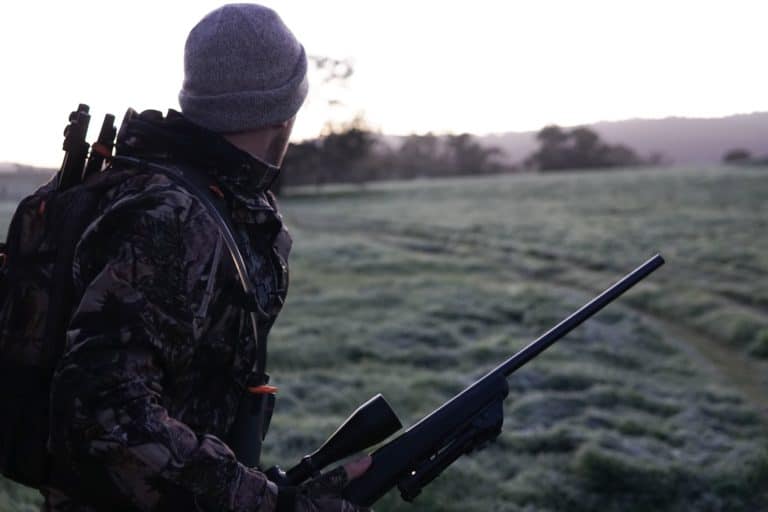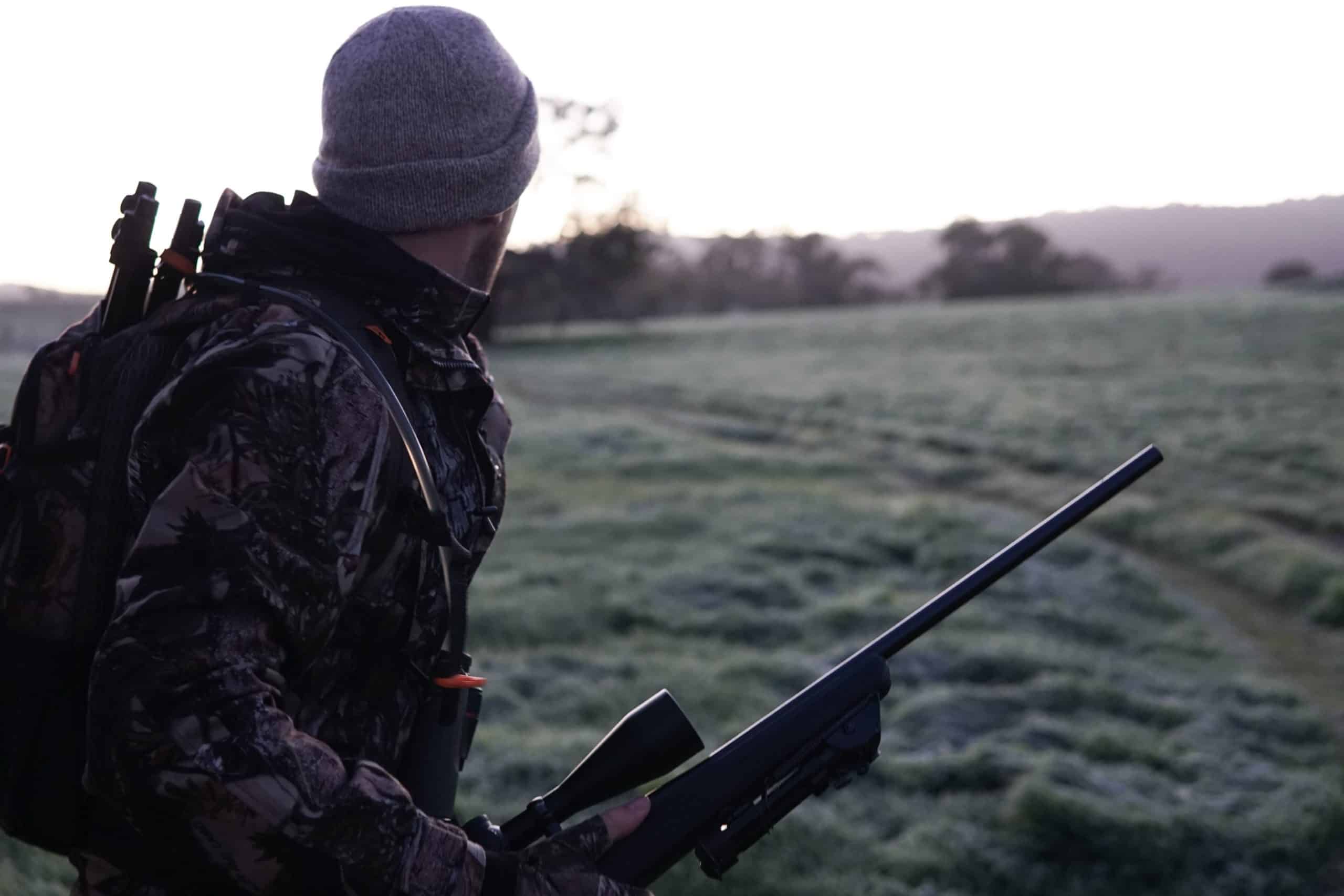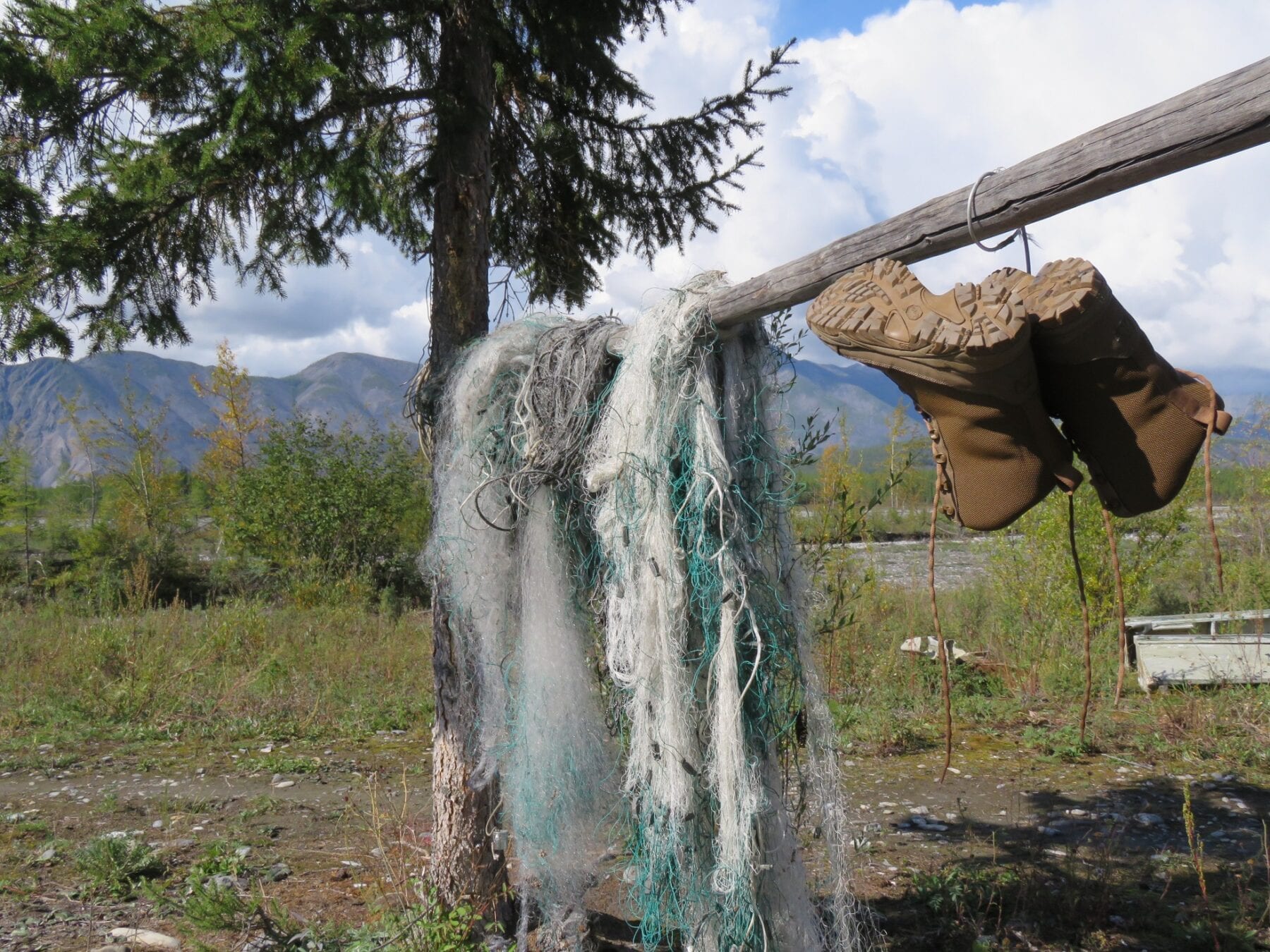
Today's blog post is brought to you by our fabulous blogger and outdoor guru, Katlyn Spade.
 Keeping Your Hunting Gear Clean And Bacteria-Free
Keeping Your Hunting Gear Clean And Bacteria-Free
With the recent warning from the CDC that a hunter may have contracted tuberculosis from a deer, many hunters are paying particular attention to their health and hygiene practices this season. An important part of hunting safety is keeping your clothing and equipment clean, and part of preparing for a hunt is making sure your equipment is cleaned from your previous hunt. Moreover, since many people, including hunters, are growing increasingly concerned about the way their leisure activities might be impacting the environment, it's important to know how to keep clothing, game bags, and boots clean and free from disease in an environmentally-friendly way.
A Hunter’s Laundry
Taking an eco-friendly approach to your laundry is particularly advantageous to a hunter. Often, the finishes applied to camouflage gear contain UV brighteners for aesthetic reasons, but animals can see the brighteners, as well as smelling the fragrances in laundry detergents, which alerts them to the hunter’s presence. For this reason, it’s a good idea to use detergents that are fragrance-free and don’t contain UV brighteners. Most detergents that are labeled ‘eco-friendly’ don’t contain these, but some do, so check the label before you buy. Additionally, some commercial detergents contain sodium lauryl sulphate (SLS), which can be absorbed into the bloodstream through contact with your skin, and can cause health problems; most eco-friendly detergents are free of this chemical. Adding a cup of baking soda to the wash can eliminate odors without the need for chemical fragrance, and will also help remove harmful bacteria. Make sure your clothing is washed after every hunt to prevent bacteria build-up, and once it is completely dry, store it in a sealed bag to prevent it from picking up odors.
Cleaning Your Game Bags
A clean game bag is important for ensuring that your catch is safe to eat, and should be free of bacteria before each hunting trip. While being eco-friendly is important, in this instance, using a safe laundry bleach is wise. Rinse the bags after a hunt to remove solid debris, and then wash them thoroughly using an unscented detergent. Add a mild solution of laundry bleach and very hot water during the rinse cycle, and then allow the bags to air dry. If the bags are heavily stained, it may be necessary to soak them in hot water and fabric bleach overnight before washing. Ensure they are thoroughly dry before putting them away, as this will ensure the safest storage of meat for your next hunt.
 Cleaning Your Hunting Boots
Cleaning Your Hunting Boots
Cleaning your boots is important for removing harmful bacteria, but it will also keep them in good shape for as long as possible. The good news is that ALTAI™ waterproof hunting boots are particularly easy to clean. Remove solid debris with a brush or a soft, damp cloth, using a toothbrush for the lace hooks. While it’s tempting to clean only the outside of the boots, bacteria can thrive inside the boot, so an occasional deep clean is advisable: use warm water and baking soda, and brush around the inside of the boot with a nylon brush. As well as removing any bacteria present, the baking soda will help remove odors naturally. Allow your boots to air dry completely before putting them away, but be aware that this could take several hours if you’ve also cleaned the inside. Store your boots in a bag with some tea bags or bags of baking soda to absorb any moisture and prevent further bacteria or odor from developing.
Cleaning your gear thoroughly is an important part of the hunt to ensure safety and prevent potential diseases from spreading. By taking an eco-friendly approach as far as possible, the bonus is that you can also up the chances of a good hunt by minimizing artificial smells that alert animals to your presence.